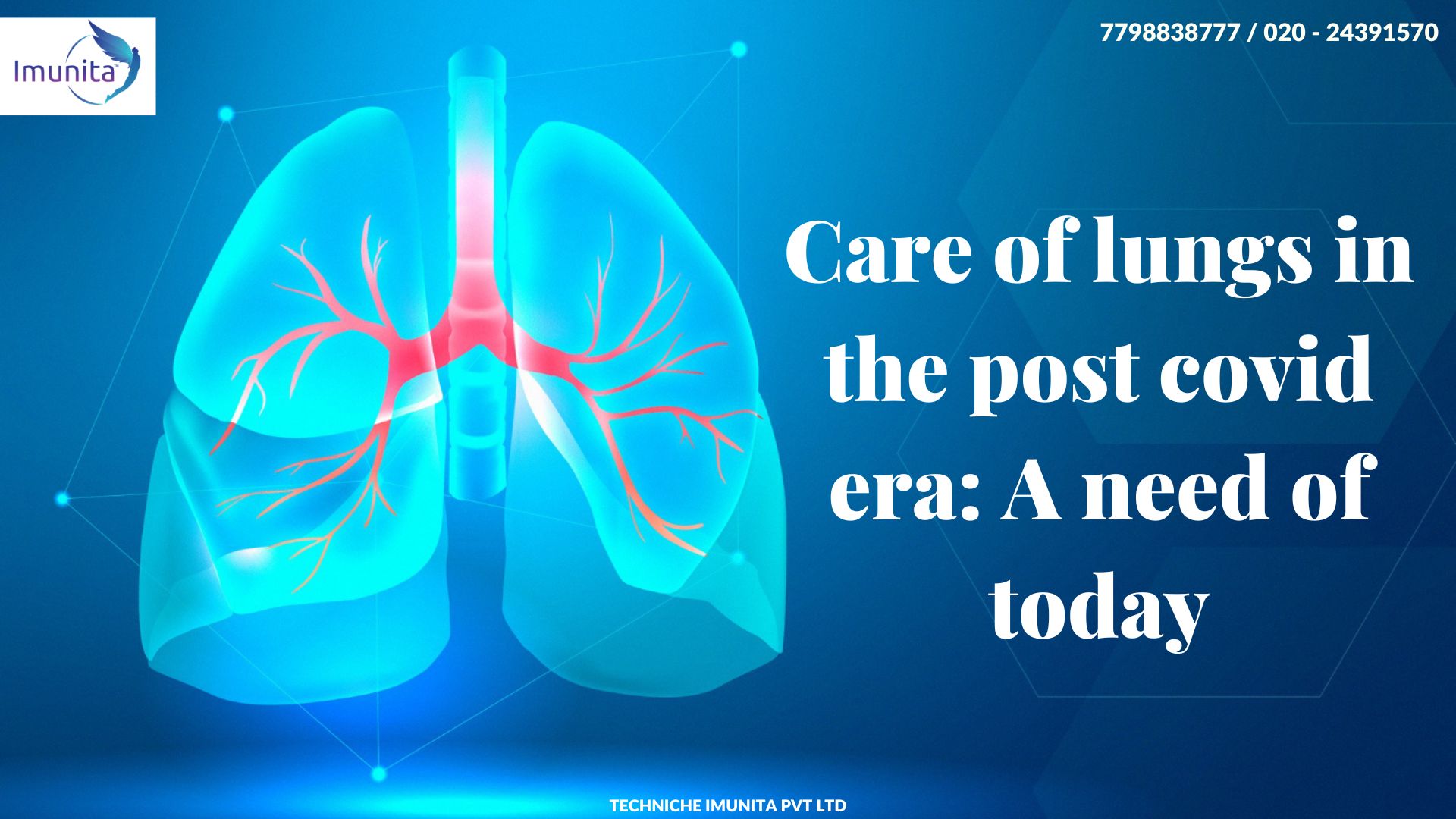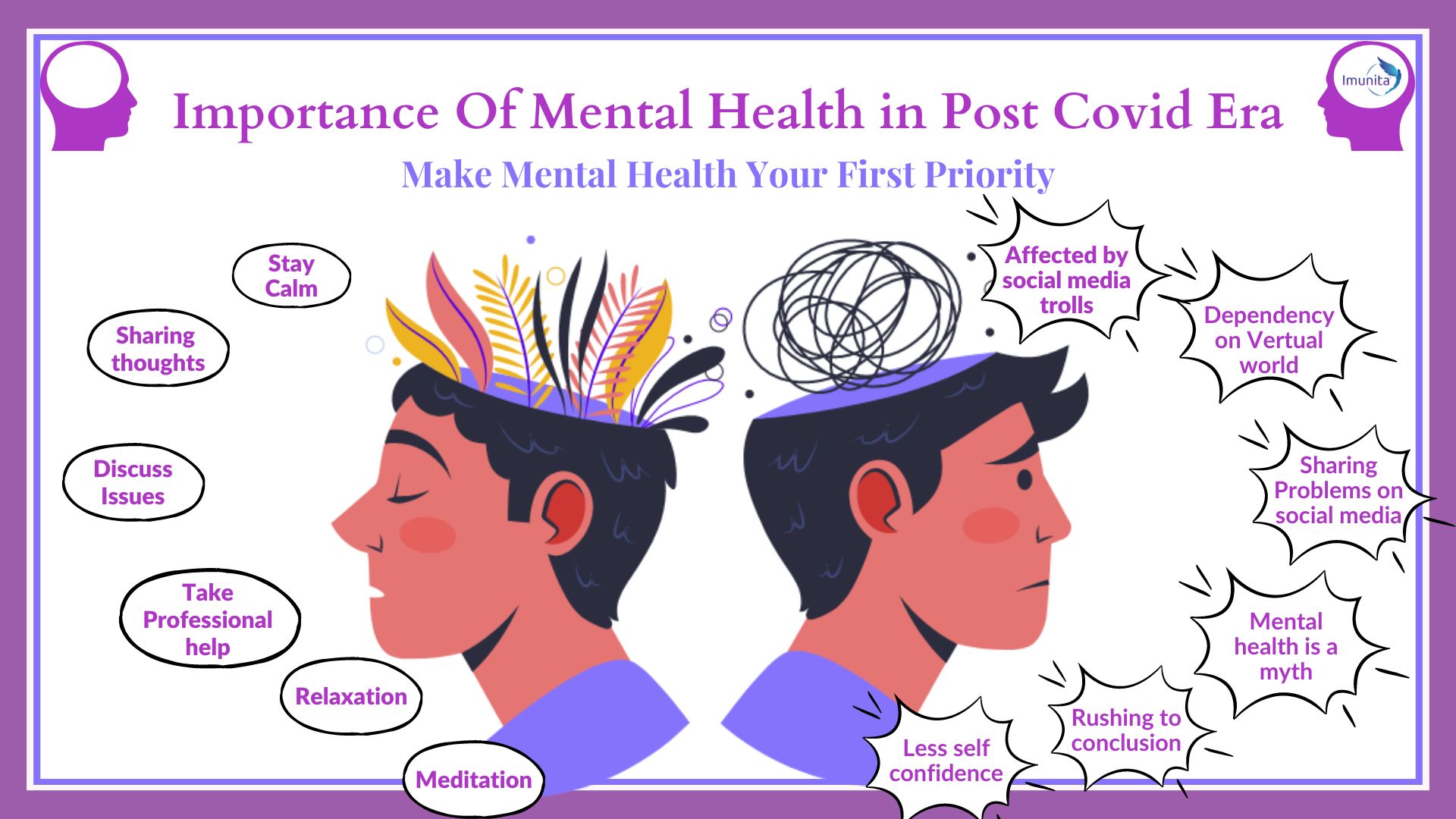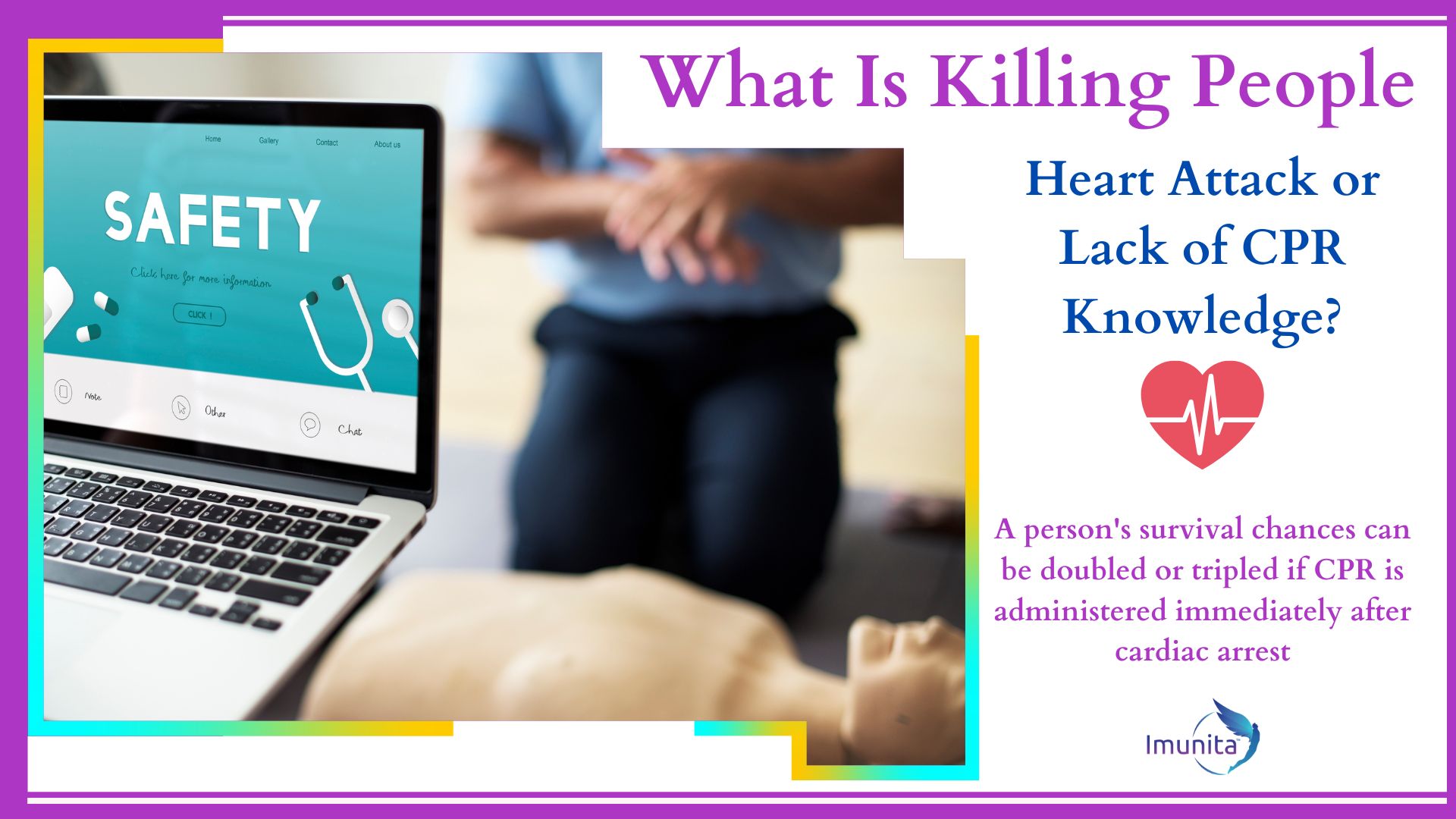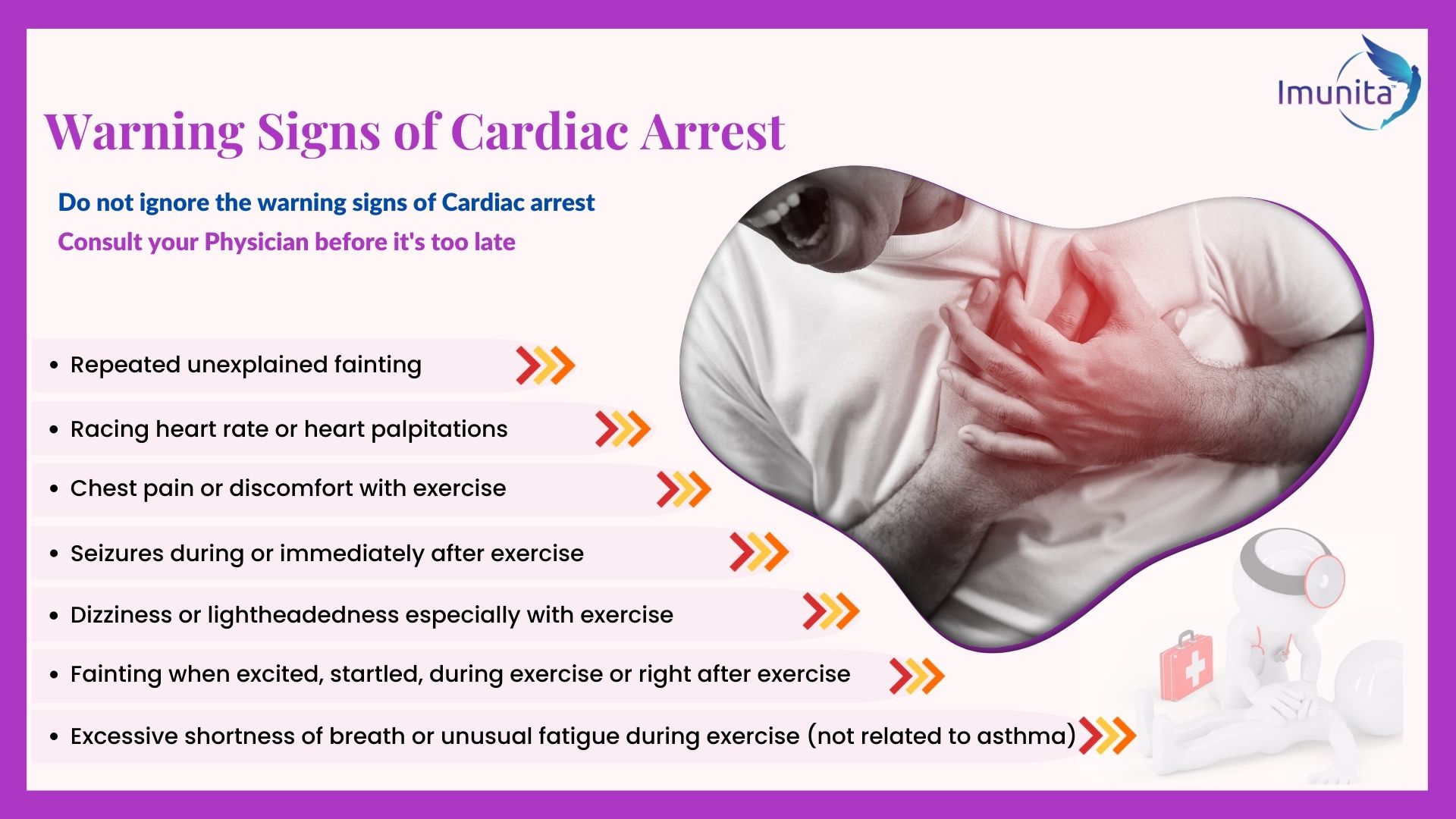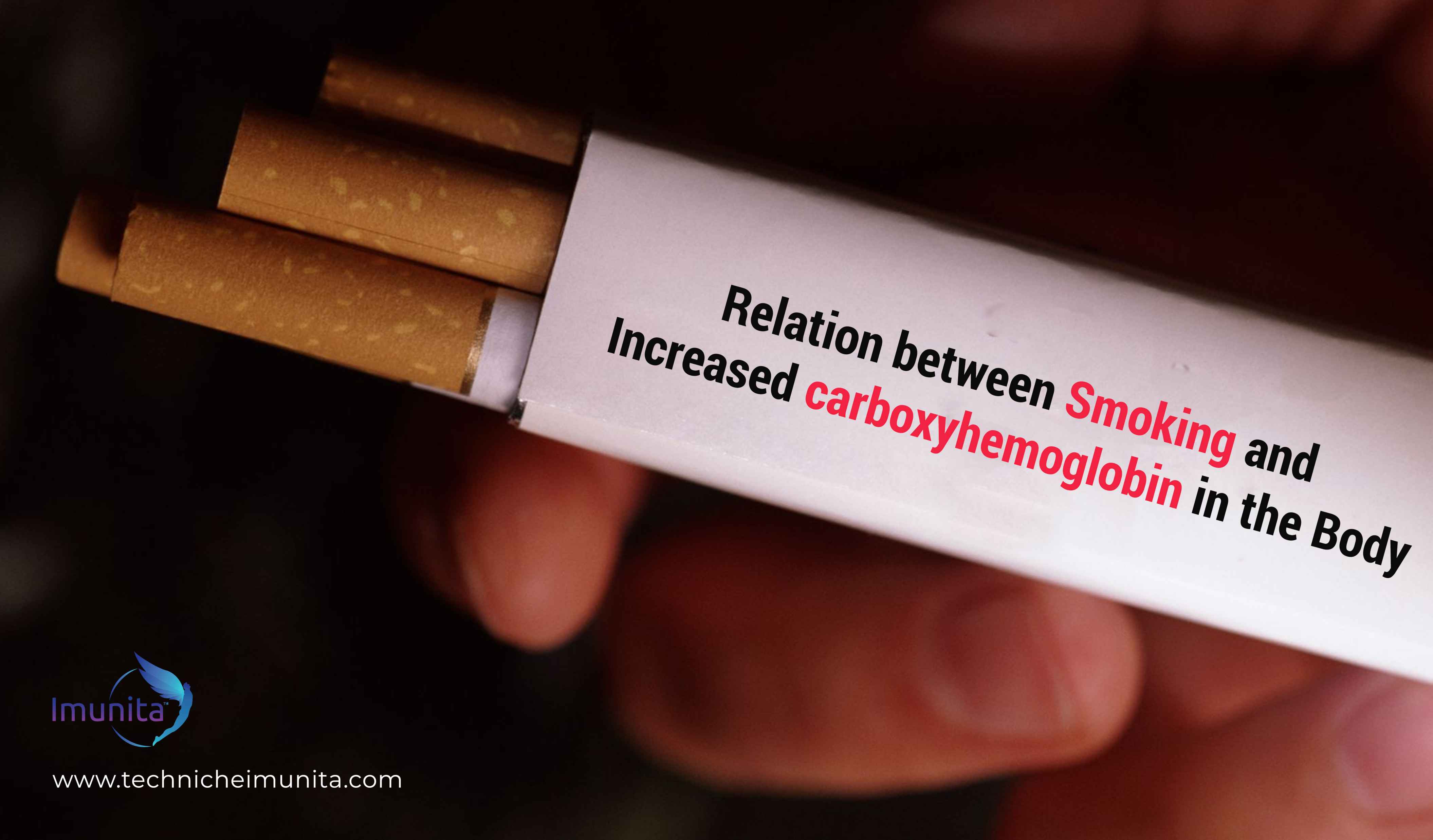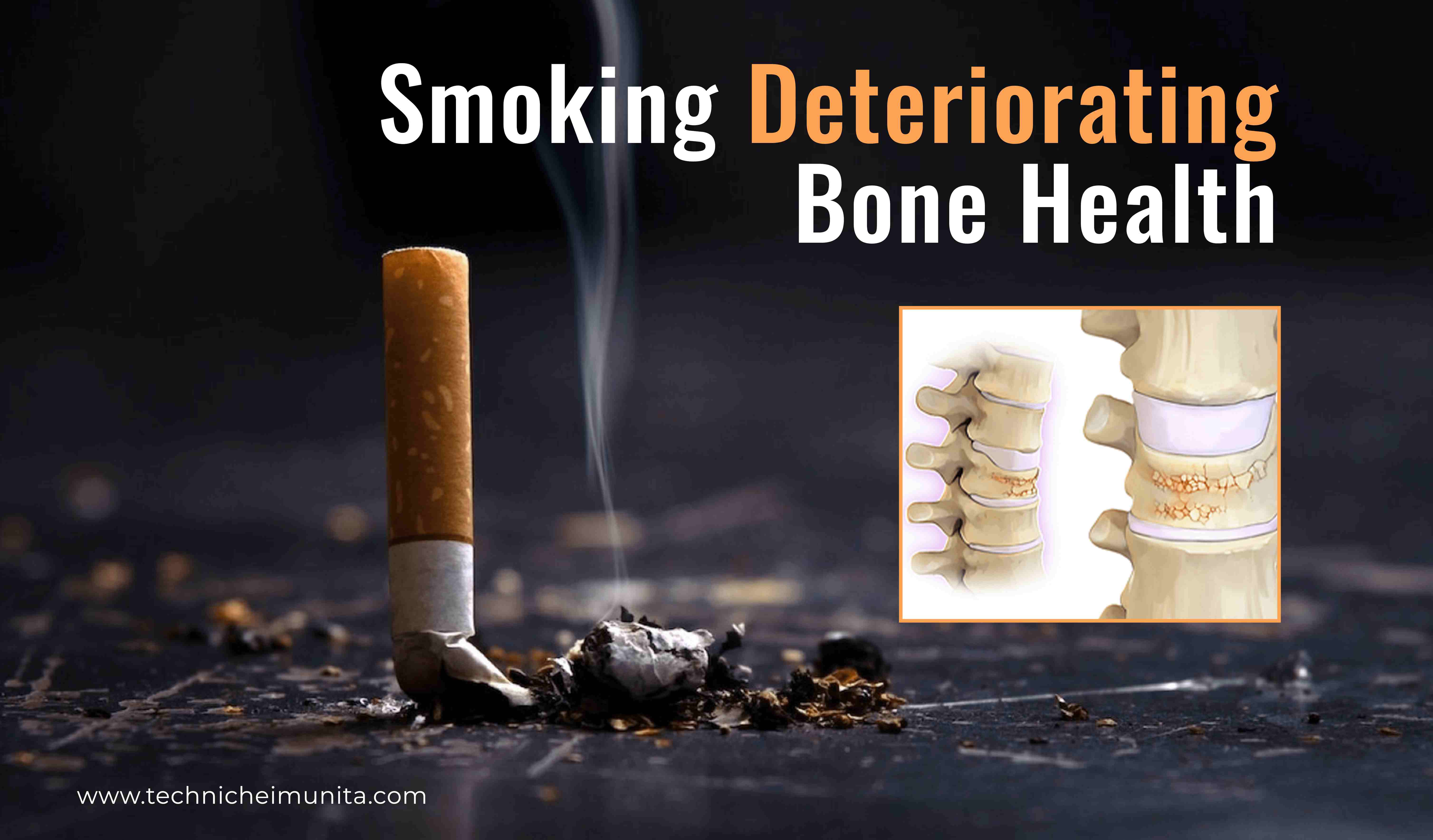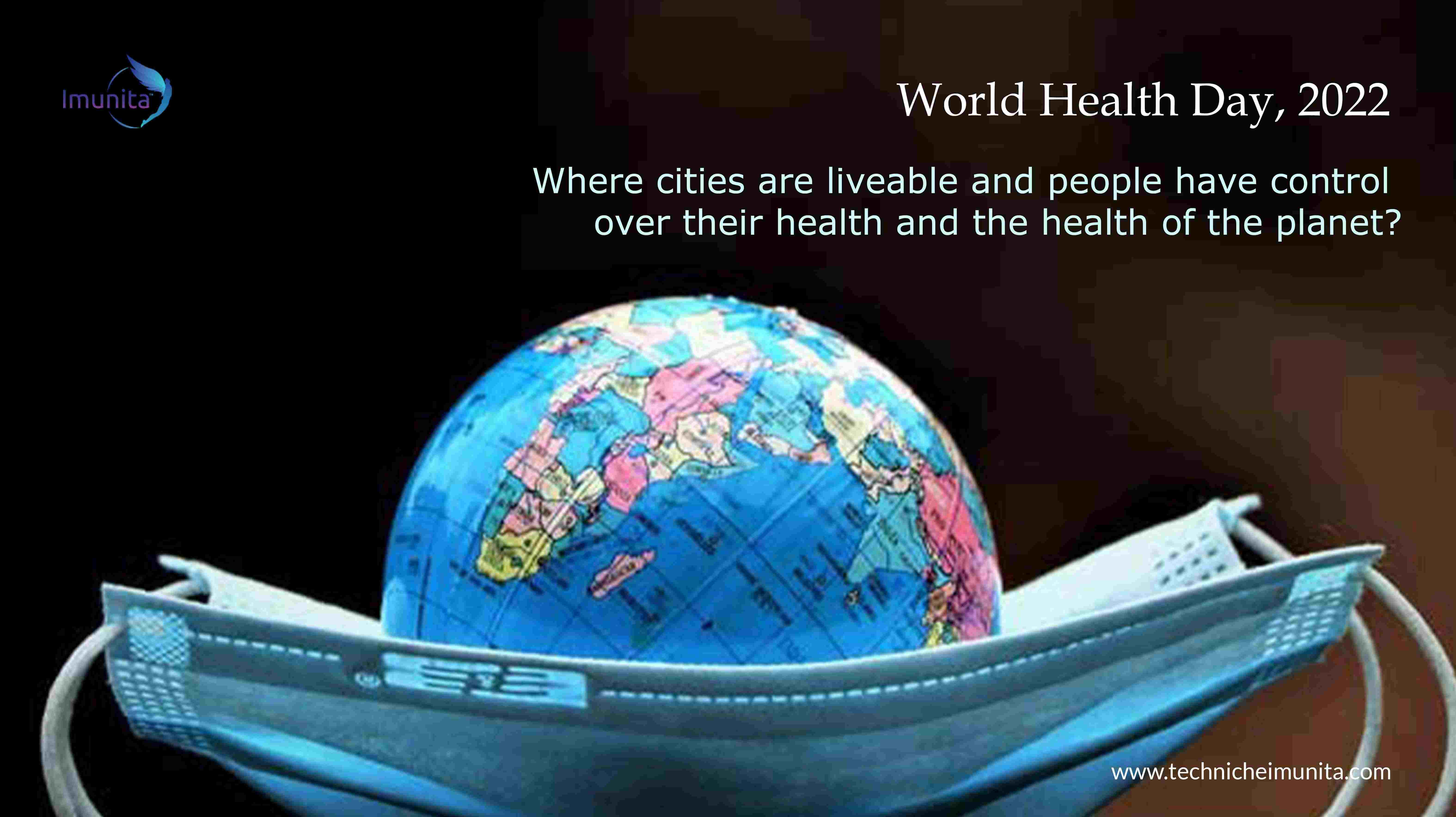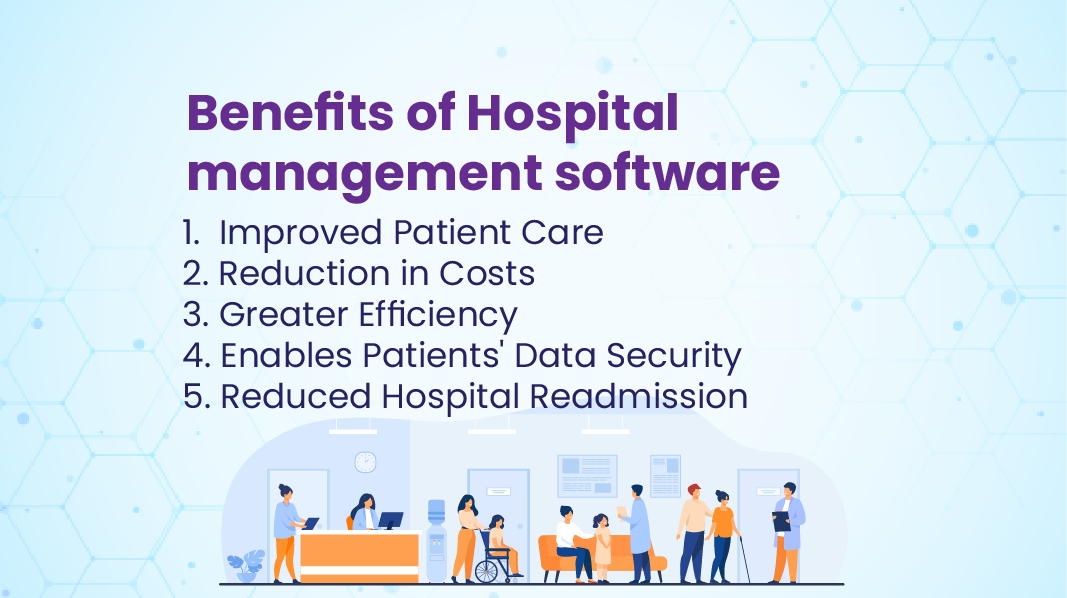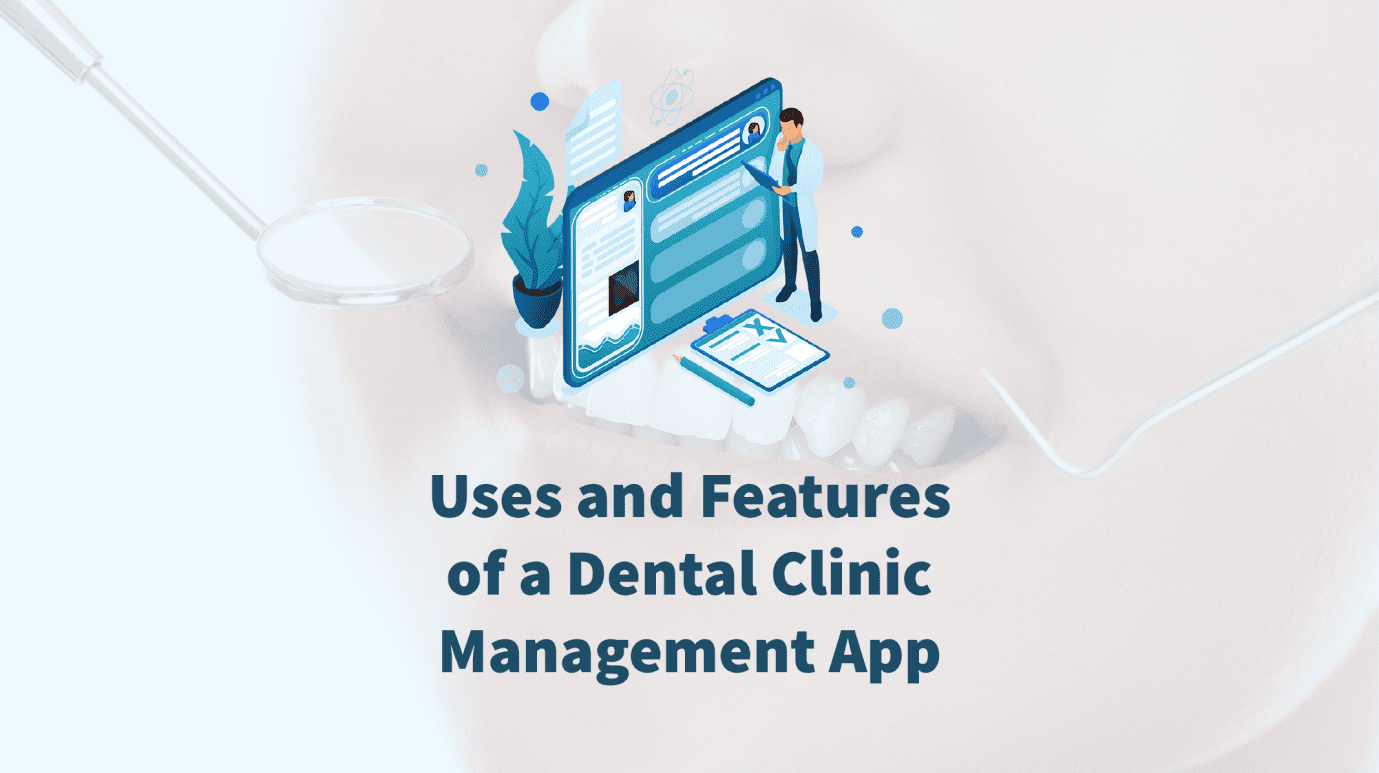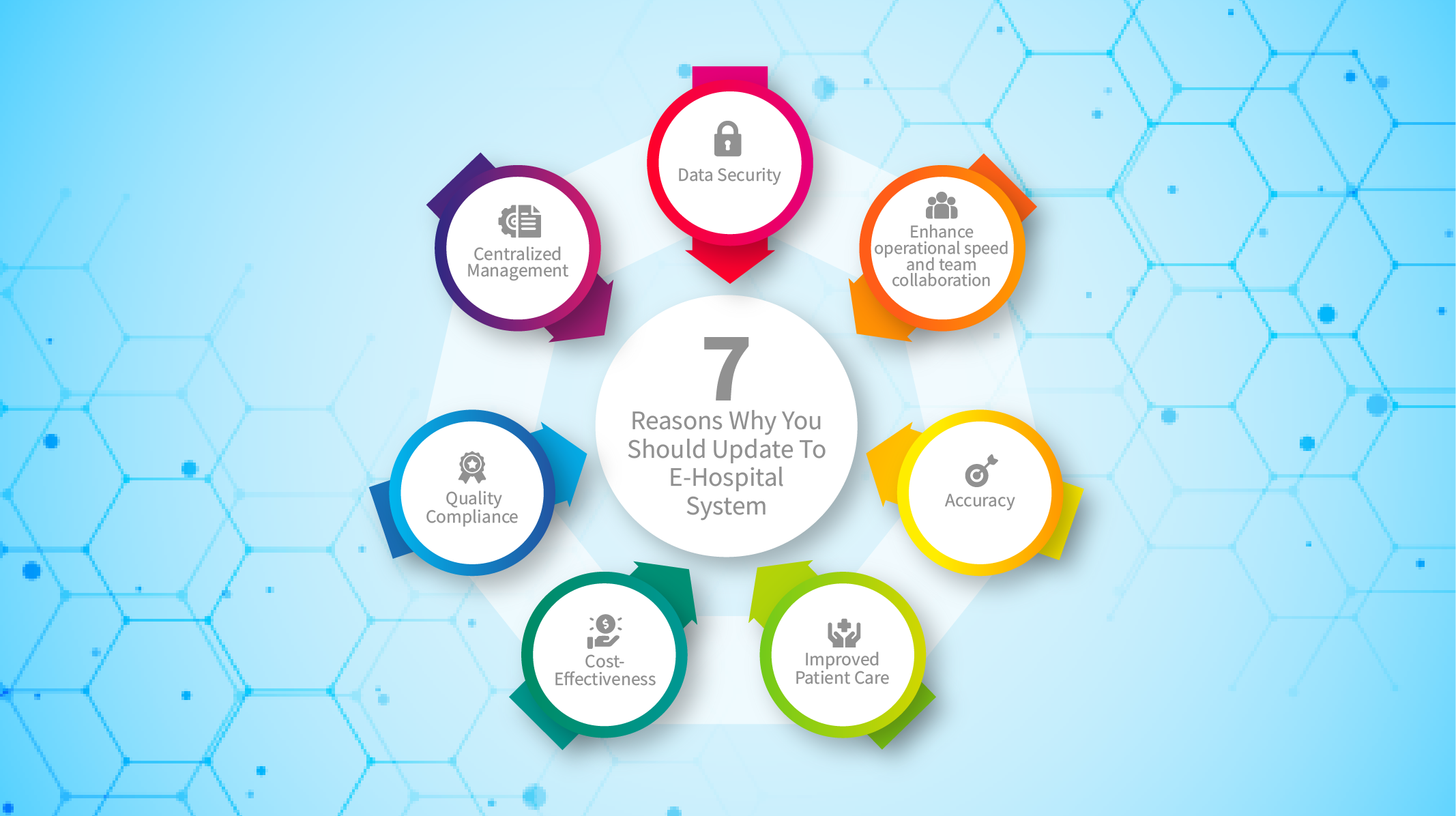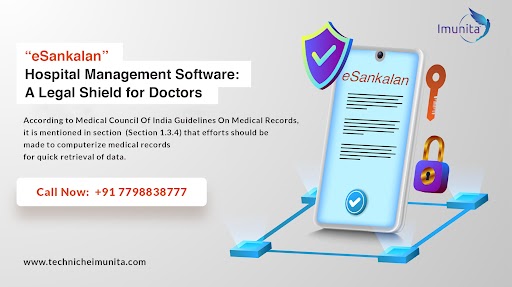COVID-19 can cause a range of respiratory problems, including pneumonia, acute respiratory distress syndrome (ARDS), and lung damage. Even after recovering from COVID-19, some people may experience long-term lung problems. The COVID-19 pandemic has caused significant lung damage in many individuals, and there is still ongoing research to fully understand the long-term effects of COVID-19 on lung health. However, some resources for statistical data on lung issues in the post-COVID period are available.
A study published in The Lancet Respiratory Medicine in September 2020 found that 66% of patients hospitalized with COVID-19 had persistent lung damage at 12 weeks after discharge. Another study published in the European Respiratory Journal in February 2021 found that 47% of patients with severe COVID-19 had abnormal lung function 3 months after being discharged from the hospital. A study published in JAMA Network Open in March 2021 found that 30% of patients who had recovered from COVID-19 experienced persistent shortness of breath and 22% had persistent cough. While Another study published in the journal Annals of the American Thoracic Society in May 2021 found that COVID-19 survivors had a higher risk of developing lung fibrosis, which is a condition where lung tissue becomes scarred and stiff, compared to individuals who did not have COVID-19. These studies highlight the potential long-term effects of COVID-19 on lung health and the importance of monitoring and managing lung issues in the post-COVID period. However, it's important to note that ongoing research is still needed to fully understand the impact of COVID-19 on lung health.
Some of the lung problems associated with the post-COVID era:
-
Lung fibrosis:
Some people who have recovered from COVID-19 may develop lung fibrosis, which is scarring of the lung tissue. This can make it difficult to breathe and may be irreversible.5 -
Reduced lung function:
COVID-19 can cause damage to the lungs, which can lead to reduced lung function, causing shortness of breath, coughing, and fatigue. -
Risk of non-compliance
Without the help of healthcare consultants, hospitals may miss important details or fail to meet specific requirements for accreditation. This can result in the hospital not receiving accreditation, or worse, putting patient safety at risk. -
Chronic cough:
Some people may experience a chronic cough after recovering from COVID-19. This can be due to lung damage or irritation. -
Reduced exercise tolerance:
Reduced lung function and shortness of breath can make it difficult to exercise or perform physical activities. -
Pulmonary hypertension:
COVID-19 can cause damage to the blood vessels in the lungs, which can lead to pulmonary hypertension. This is a condition where the blood pressure in the lungs is higher than normal, which can cause shortness of breath, fatigue, and chest pain.
COVID-19 can have long-lasting effects on the lungs, so it's important to take steps to maintain healthy lungs in the post-COVID era. Here are some tips for maintaining healthy lungs:
-
Quit smoking:
Some people who have recovered from COVID-19 may develop lung fibrosis, which is scarring of the lung tissue. This can make it difficult to breathe and may be irreversible.5 -
Avoid exposure to pollutants:
Exposure to air pollution and other pollutants can damage your lungs. Avoiding exposure to pollutants and wearing a mask in areas with poor air quality can help protect your lungs -
Exercise regularly:
Regular exercise can help improve lung function and increase lung capacity. Aim for at least 30 minutes of moderate-intensity exercise most days of the week. -
Practice good hygiene:
Washing your hands regularly and practicing good hygiene can help prevent the spread of respiratory illnesses. -
Get vaccinated:
Getting vaccinated against COVID-19 and other respiratory illnesses can help protect your lungs and prevent serious illness. -
Manage chronic conditions:
Chronic conditions such as asthma, COPD, and allergies can affect lung health. Working with your healthcare provider to manage these conditions can help maintain healthy lungs. -
Practice breathing exercises:
Breathing exercises such as deep breathing and diaphragmatic breathing can help improve lung function and reduce stress. -
Use of Mask:
Practice using a mask when traveling or visiting a crowded place -
Regular Screening:
Regular lung screening can help people take control of their health and make lifestyle changes to reduce the risk of developing lung conditions or other health issues. It's important to note that regular lung screening may not be necessary for all COVID-19 survivors. The need for lung screening should be evaluated on a case-by-case basis by a healthcare provider based on individual risk factors and medical history. -
Availability Of Lung Screening Data:
By keeping a record of lung screening data over time, medical professionals can monitor changes in the lungs and identify any potential health concerns early on. This can help with early diagnosis and treatment of certain lung disorders.
If you have recovered from COVID-19 and are experiencing any respiratory symptoms, it's important to speak with your healthcare provider. They can evaluate your symptoms and provide appropriate treatment and management strategies.




